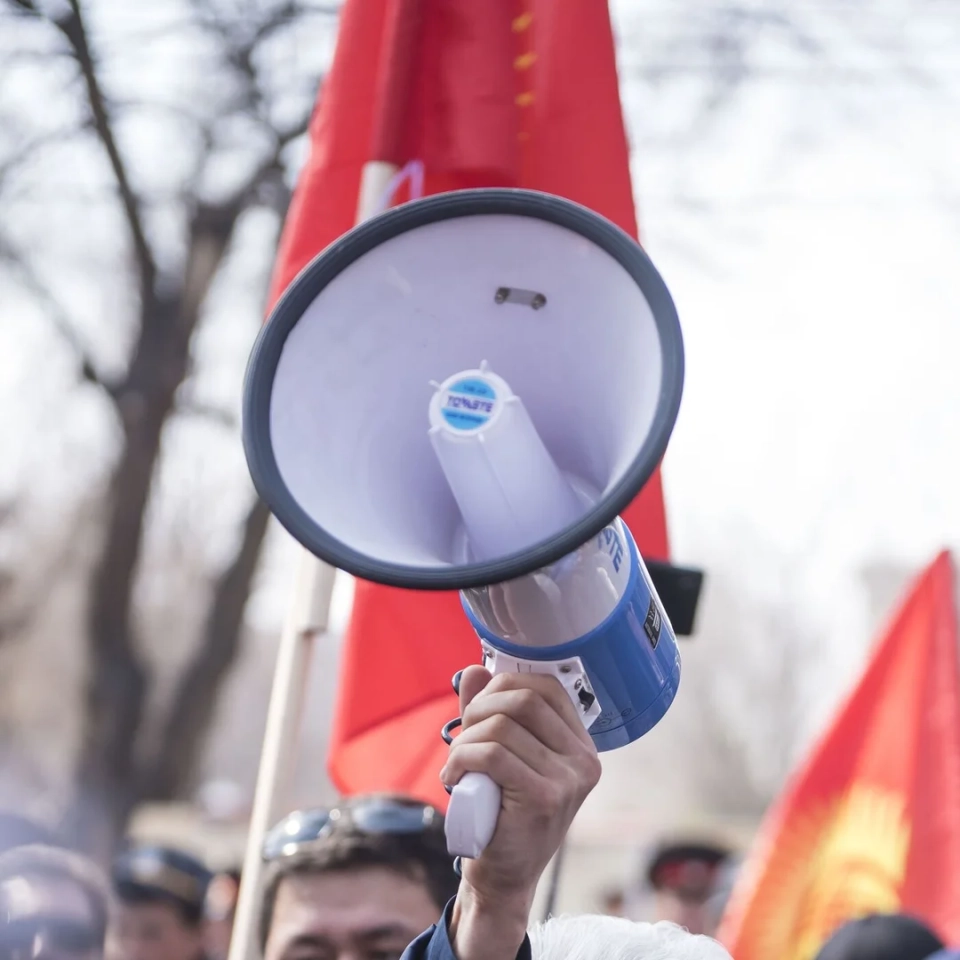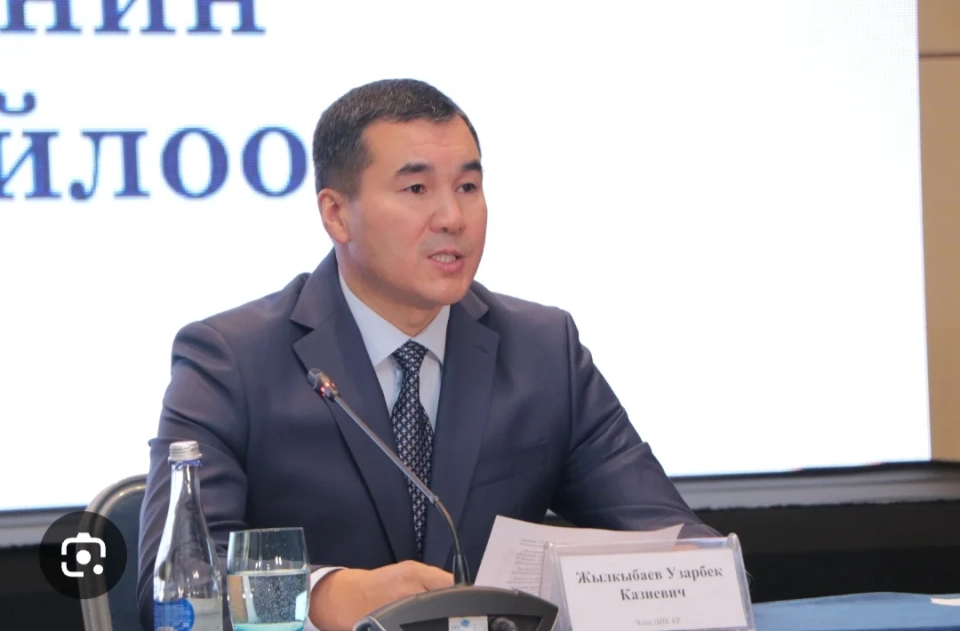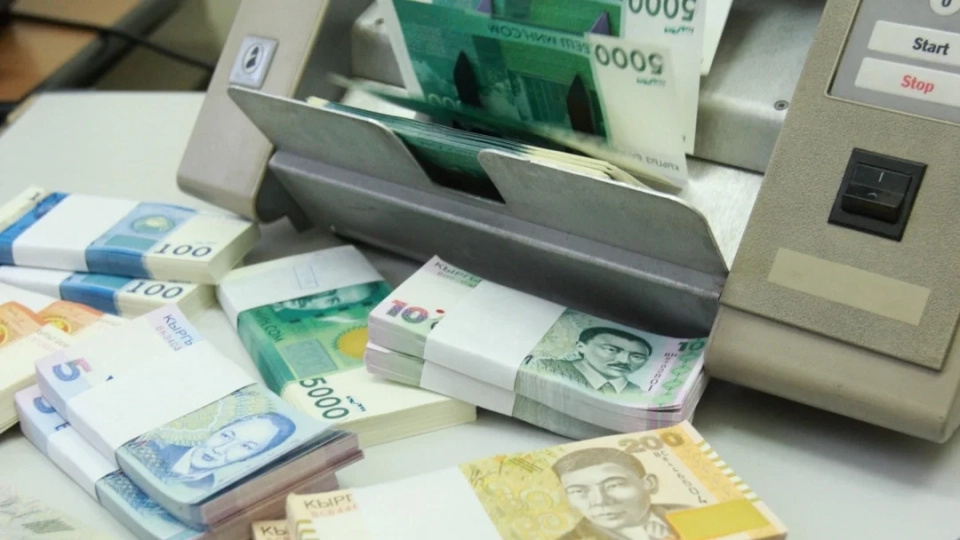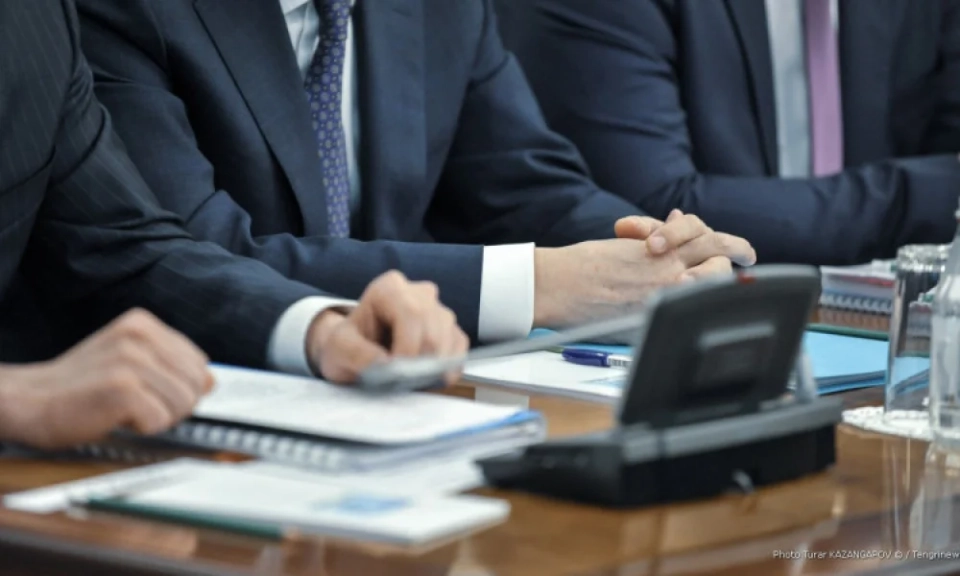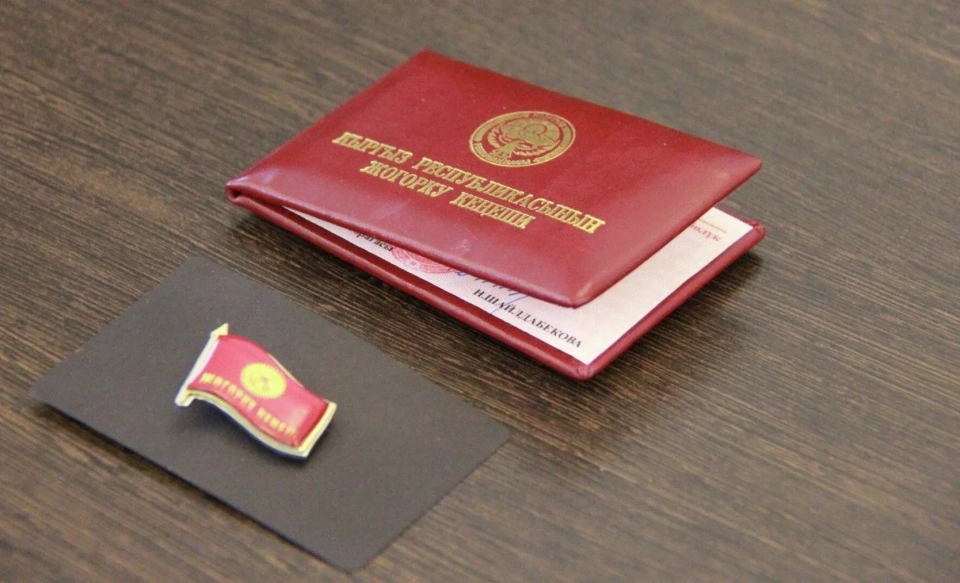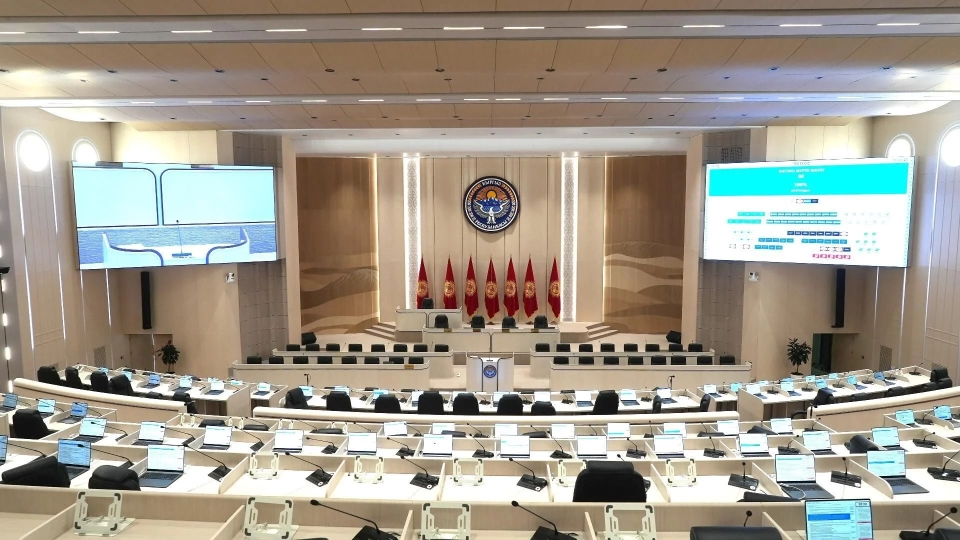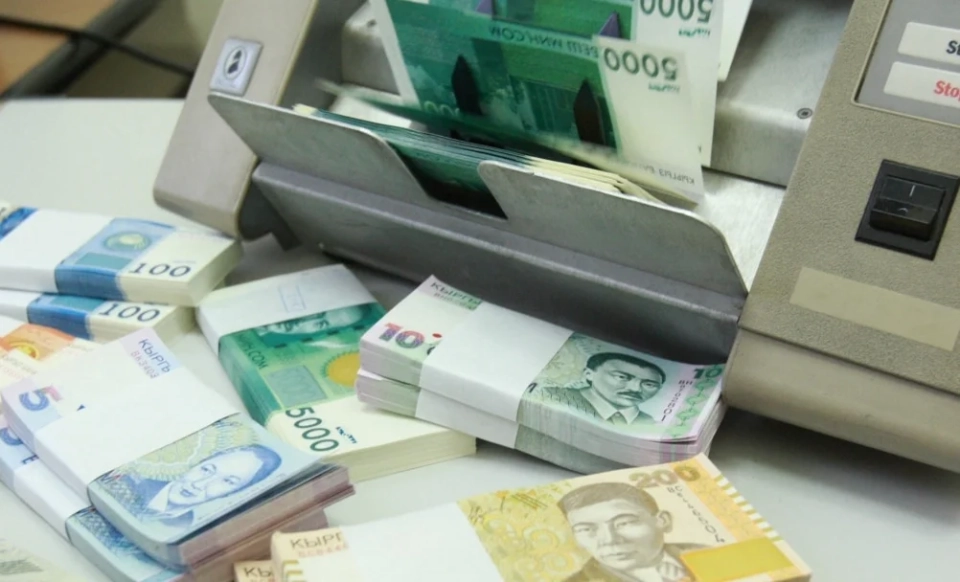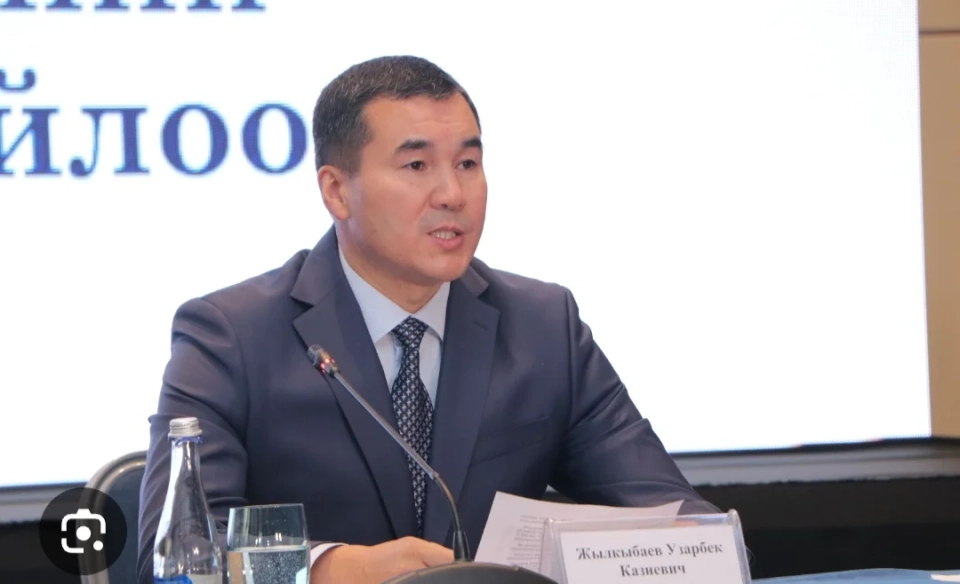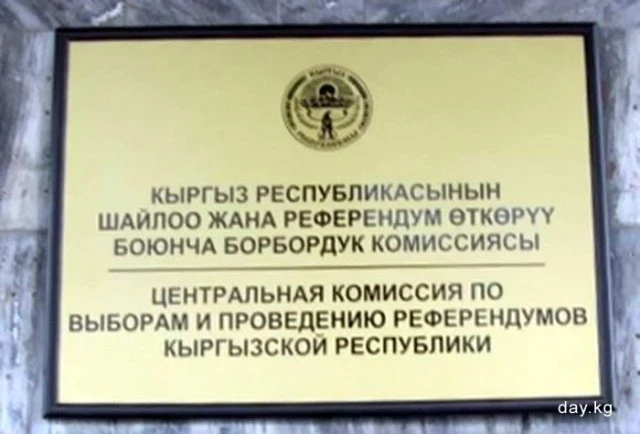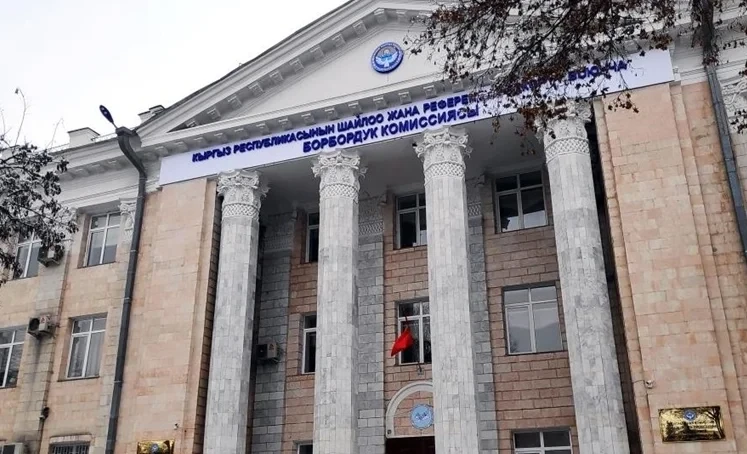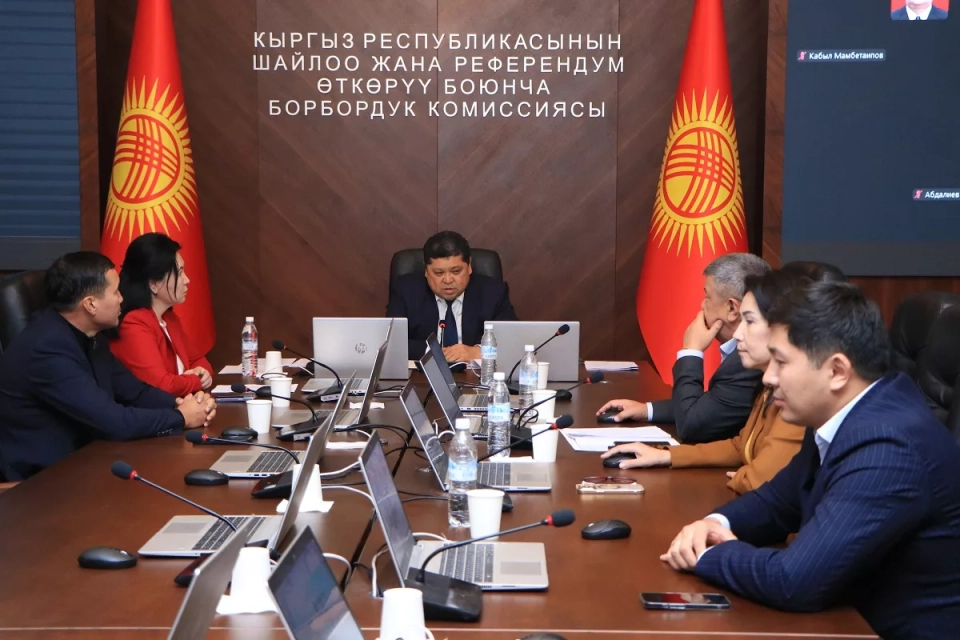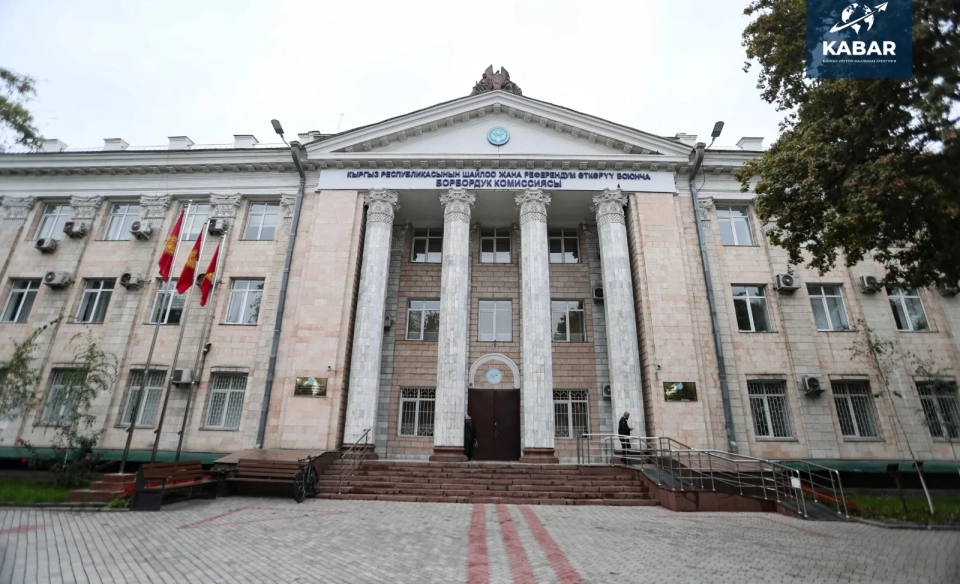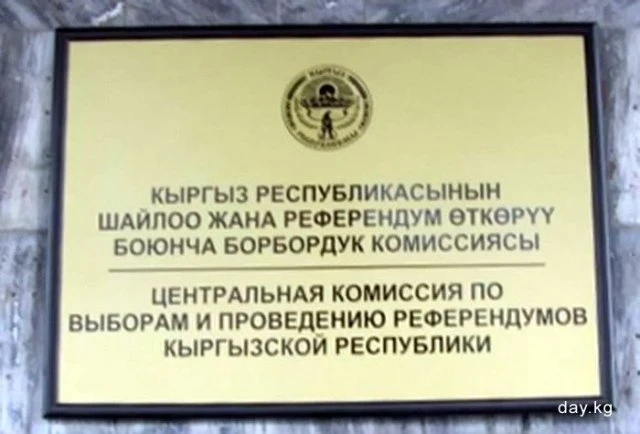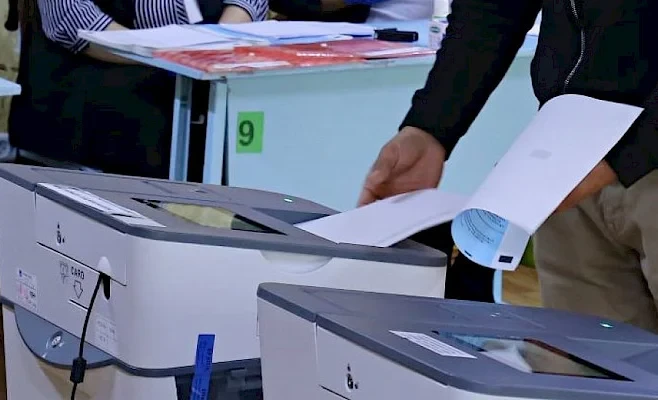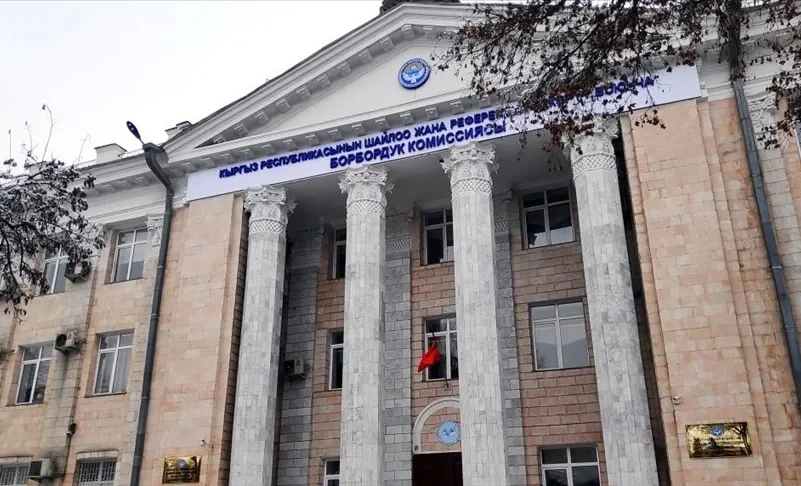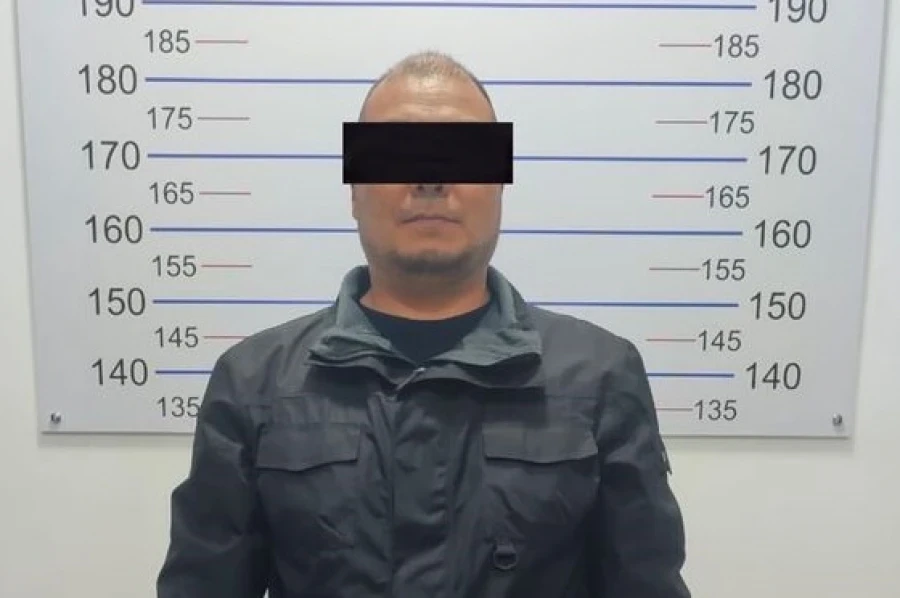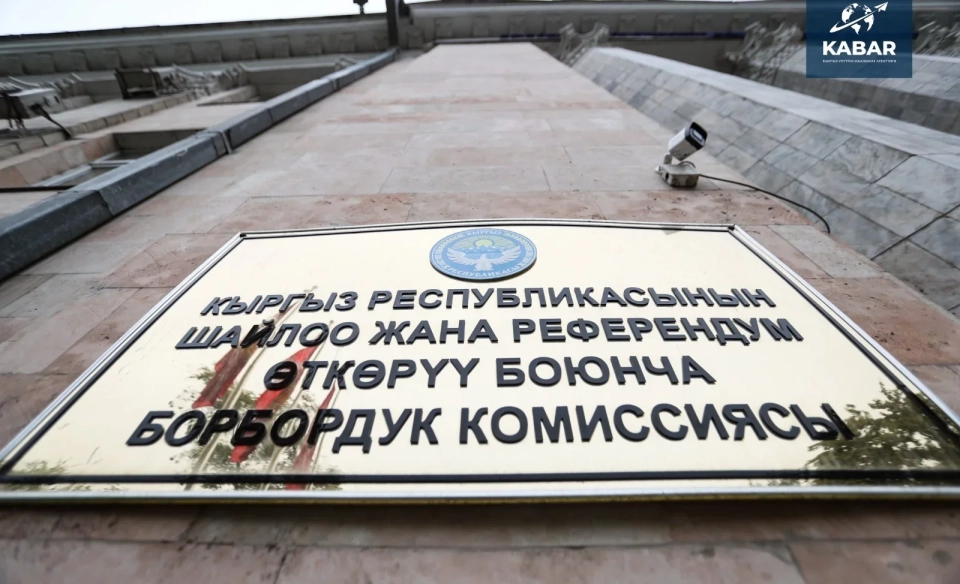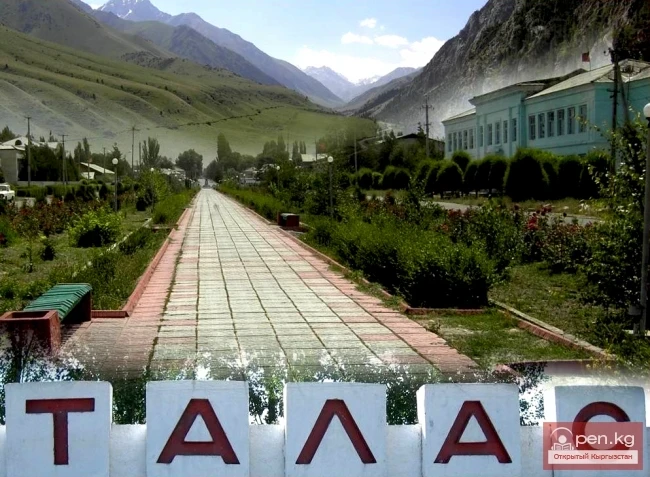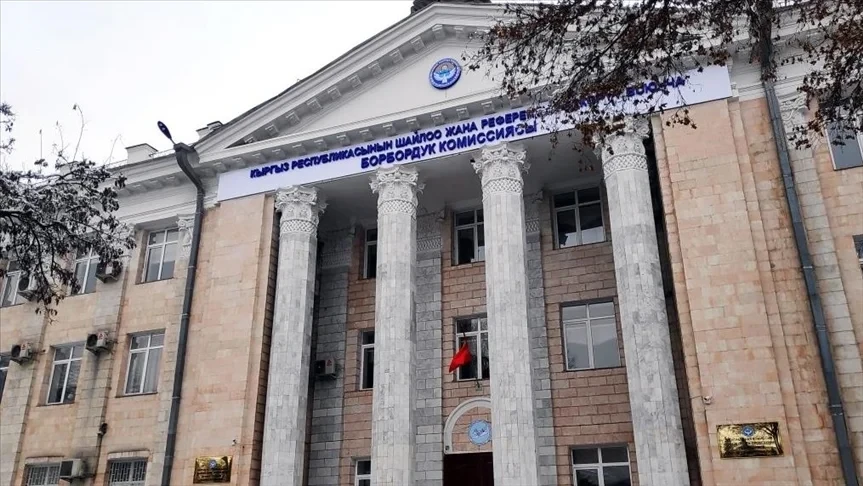

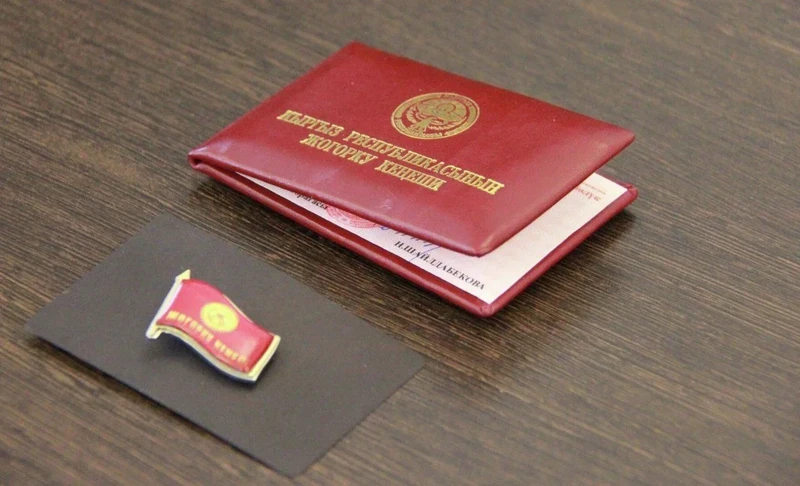
In the upcoming early elections to the Jogorku Kenesh, 467 candidates have been registered, including 276 men and 191 women.
From November 10, 2025, election participants — candidates, political parties, and interested citizens — can actively engage in campaigning aimed at attracting voters to vote for or against candidates, as well as discussing election programs. It is important that the methods of campaigning comply with the requirements of current legislation.
The campaign period will end at midnight on the eve of the voting, after which a "day of silence" will begin, during which any forms of campaigning will be prohibited.
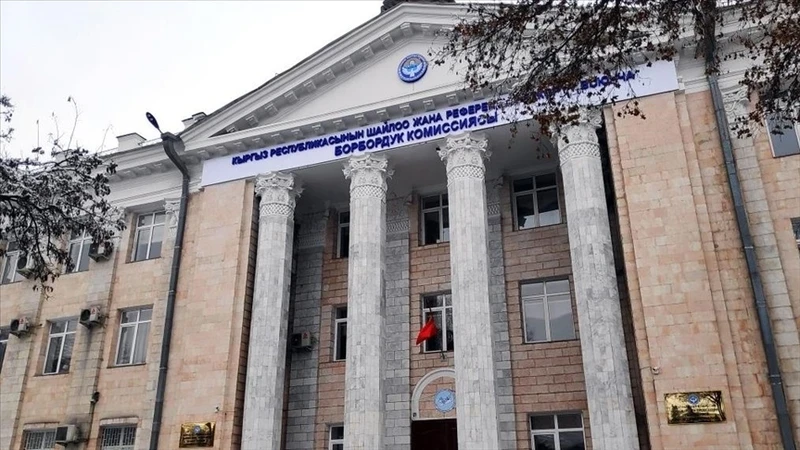
Main Campaign Rules
Methods and Forms of Campaigning
Candidates and parties are allowed to:
- meet with voters;
• place campaign materials in specially designated areas;
• distribute printed, audio, and video materials;
• participate in debates, interviews, TV and radio programs;
• conduct campaigning on the internet and social media with mandatory indication of the source and customer.
The Central Election Commission has repeatedly emphasized that all financial transactions must be carried out through special accounts of election funds. Exceeding funding limits is strictly prohibited, and each party and candidate must provide regular reports to the CEC.
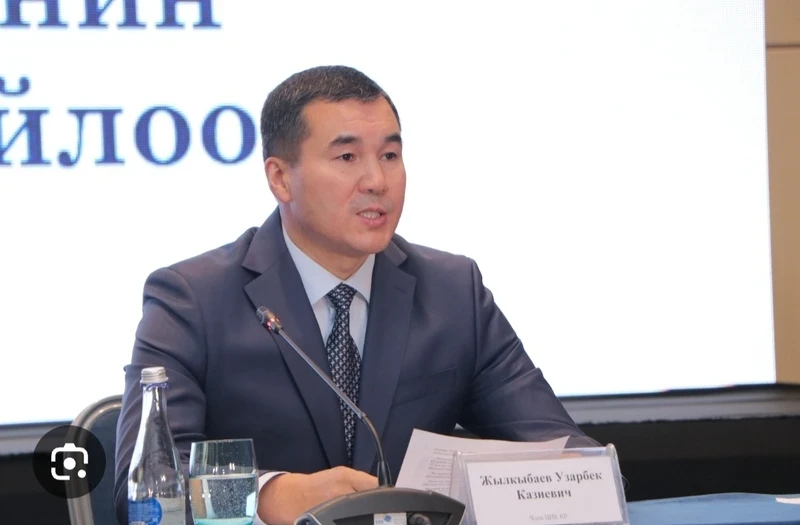
CEC member Uzarbek Zhilkybaev noted that each candidate is obliged to conduct campaigning exclusively within their election fund. "If a candidate claims to have one million soms in the fund, then even 5000 soms spent outside the fund will be considered a violation," he emphasized.
The CEC also noted that strict restrictions apply during the campaigning process.
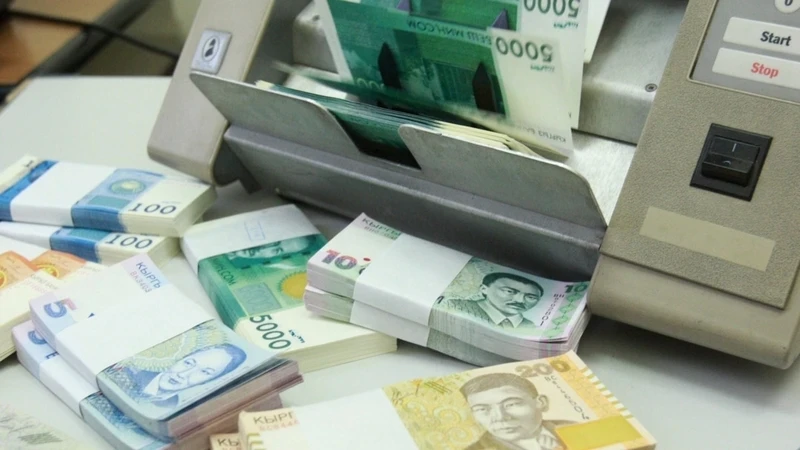
Prohibited Actions:
1. Bribing Voters
• transferring money, gifts, goods;
• distributing charitable assistance during the campaign;
• organizing paid events with election participants.
2. Using Administrative Resources
• participation of civil servants in campaigning during working hours;
• using property, transport of government bodies;
• pressuring budget employees, students, and other organized groups.
3. Negative and Destructive Campaigning
• spreading false information about opponents;
• calls for national, religious, or social strife;
• using hate speech.
4. Violating Rules for Placing Campaign Materials
• placing outside permitted areas;
• campaigning near polling stations on voting day;
• damaging or removing competitors' materials.
5. Using Foreign Funds
Any funding from abroad — from foreign citizens, organizations, or states — is completely prohibited.
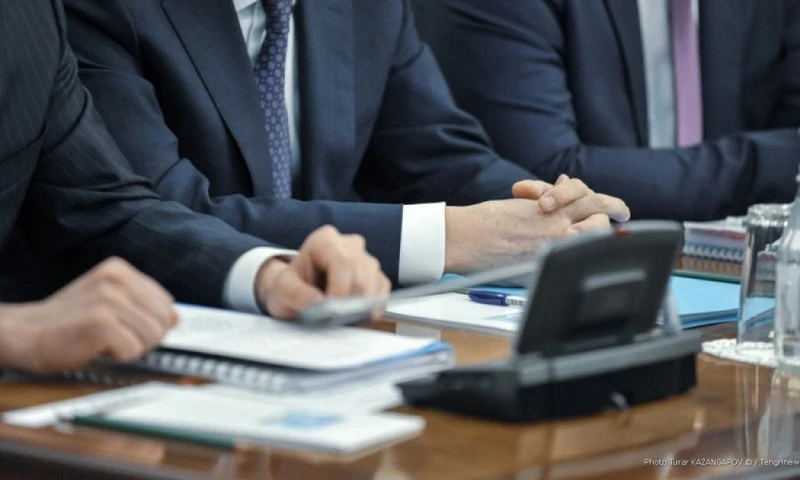
Uzarbek Zhilkybaev also warned state and municipal officials, as well as employees of companies with more than 30% state participation, not to participate in campaigning and not to use state media. "It is also prohibited to like candidates' posts and publish materials about them," he added.
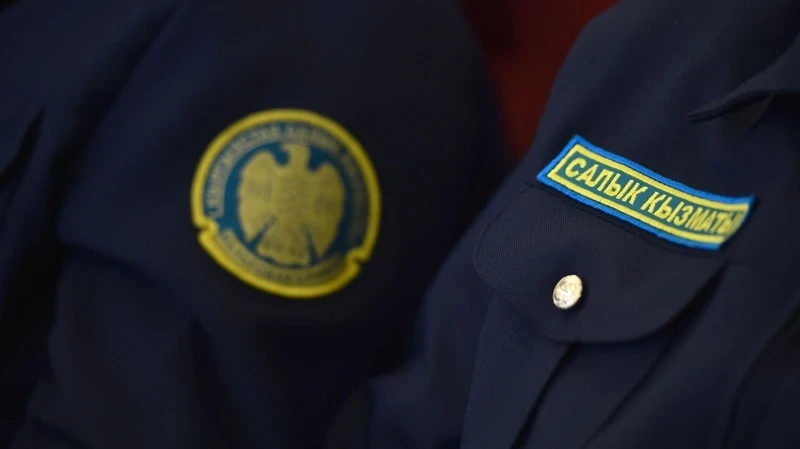
The State Tax Service of the Kyrgyz Republic reminds candidates of their tax obligations.
The agency reported that income received by individuals from candidates or parties for performing the functions of trusted persons, observers, or campaigners during the election campaign is not subject to taxation.
In addition, the activities of campaigners during elections are not considered types of activities subject to taxation based on a patent.
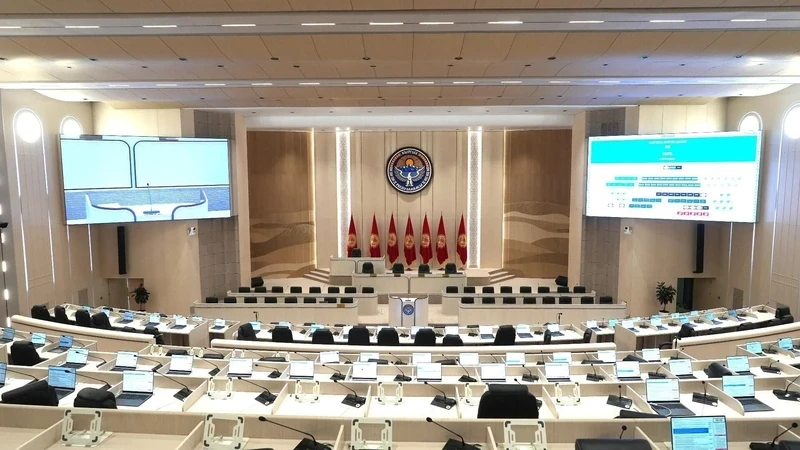
Violations of campaign rules in Kyrgyzstan can lead to both administrative and criminal liability. Using funds outside the election fund may result in a warning or cancellation of a candidate's registration, while bribing voters is punishable by fines, and in serious cases — criminal prosecution. Abuse of administrative resources, concealing financial reports, campaigning during prohibited periods, and violations in the media are also punishable by fines and disciplinary measures, and in cases of systematic or significant violations, the cancellation of a candidate's registration may occur. ```
